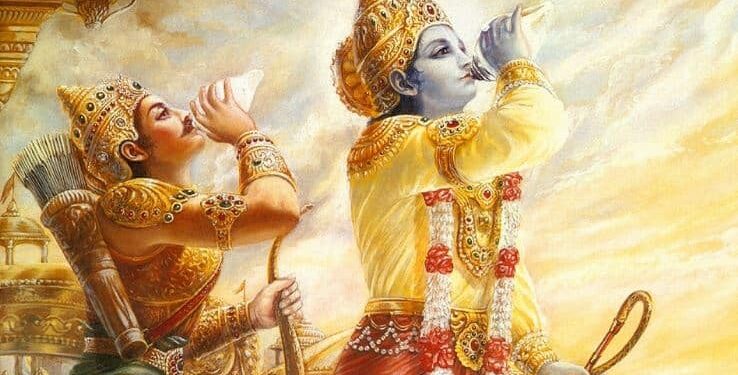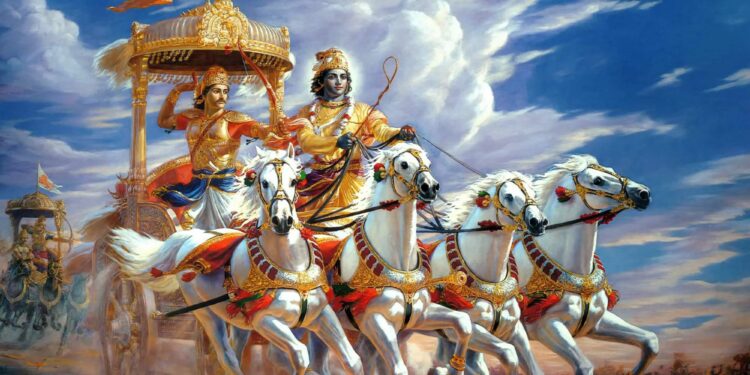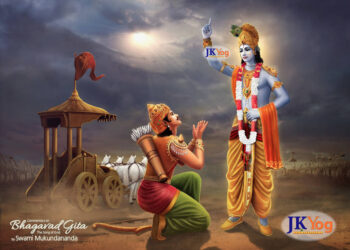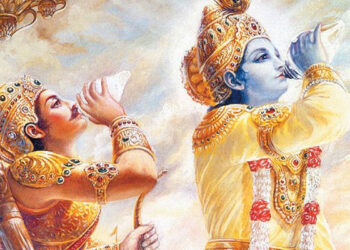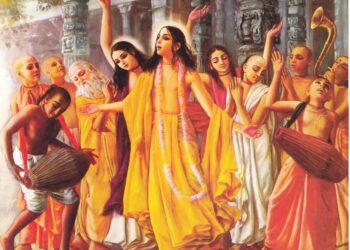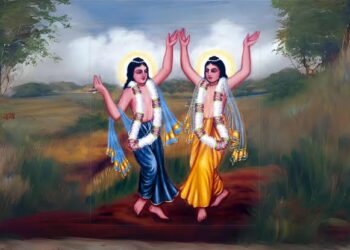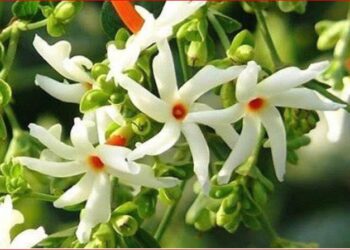TEXT 15
jñāna-yajñena cāpy anye
yajanto mām upāsate
ekatvena pṛthaktvena
bahudhā viśvato-mukham
SYNONYMS
jñāna-yajñena—by cultivation of knowledge; ca—also; api—certainly; anye—others; yajantaḥ—sacrificing; mām—Me; upāsate—worship; ekatvena—in oneness; pṛthaktvena—in duality; bahudhā—in diversity; viśvataḥ-mukham—and in the universal form.
TRANSLATION
Others, who engage in sacrifice by the cultivation of knowledge, worship the Supreme Lord as the one without a second, as diverse in many, and in the universal form.
PURPORT
This verse is the summary of the previous verses. The Lord tells Arjuna that those who are purely in Kṛṣṇa consciousness and do not know anything other than Kṛṣṇa are called mahātmā; yet there are other persons who are not exactly in the position of mahātmā but who worship Kṛṣṇa also, in different ways. Some of them have already been described as the distressed, the financially destitute, the inquisitive, and those who are engaged in the cultivation of knowledge. But there are others who are still lower, and these are divided into three: (1) he who worships himself as one with the Supreme Lord, (2) he who concocts some form of the Supreme Lord and worships that, and (3) he who accepts the universal form, the viśvarūpa of the Supreme Personality of Godhead, and worships that. Out of the above three, the lowest, those who worship themselves as the Supreme Lord, thinking themselves to be monists, are most predominant. Such people think themselves to be the Supreme Lord, and in this mentality they worship themselves. This is also a type of God worship, for they can understand that they are not the material body but are actually spiritual soul; at least, such a sense is prominent. Generally the impersonalists worship the Supreme Lord in this way. The second class includes the worshipers of the demigods, those who by imagination consider any form to be the form of the Supreme Lord. And the third class includes those who cannot conceive of anything beyond the manifestation of this material universe. They consider the universe to be the supreme organism or entity and worship that. The universe is also a form of the Lord.
TEXT 16
ahaṁ kratur ahaṁ yajñaḥ
svadhāham aham auṣadham
mantro ‘ham aham evājyam
aham agnir ahaṁ hutam
SYNONYMS
aham—I; kratuḥ—Vedic ritual; aham—I; yajñaḥ-smṛti sacrifice; svadhā—oblation; aham—I; aham—I; auṣadham—healing herb; mantraḥ—transcendental chant; aham—I; aham—I; eva—certainly; ājyam—melted butter; aham—I; agniḥ—fire; aham—I; hutam—offering.
TRANSLATION
But it is I who am the ritual, I the sacrifice, the offering to the ancestors, the healing herb, the transcendental chant. I am the butter and the fire and the offering.
PURPORT
The Vedic sacrifice known as Jyotiṣṭoma is also Kṛṣṇa, and He is also the Mahā-yajña mentioned in the smṛti. The oblations offered to the Pitṛloka or the sacrifice performed to please the Pitṛloka, considered as a kind of drug in the form of clarified butter, is also Kṛṣṇa. The mantras chanted in this connection are also Kṛṣṇa. And many other commodities made with milk products for offering in the sacrifices are also Kṛṣṇa. The fire is also Kṛṣṇa because fire is one of the five material elements and is therefore claimed as the separated energy of Kṛṣṇa. In other words, the Vedic sacrifices recommended in the karma-kāṇḍa division of the Vedas are in total also Kṛṣṇa. Or, in other words, those who are engaged in rendering devotional service unto Kṛṣṇa are to be understood to have performed all the sacrifices recommended in the Vedas.


